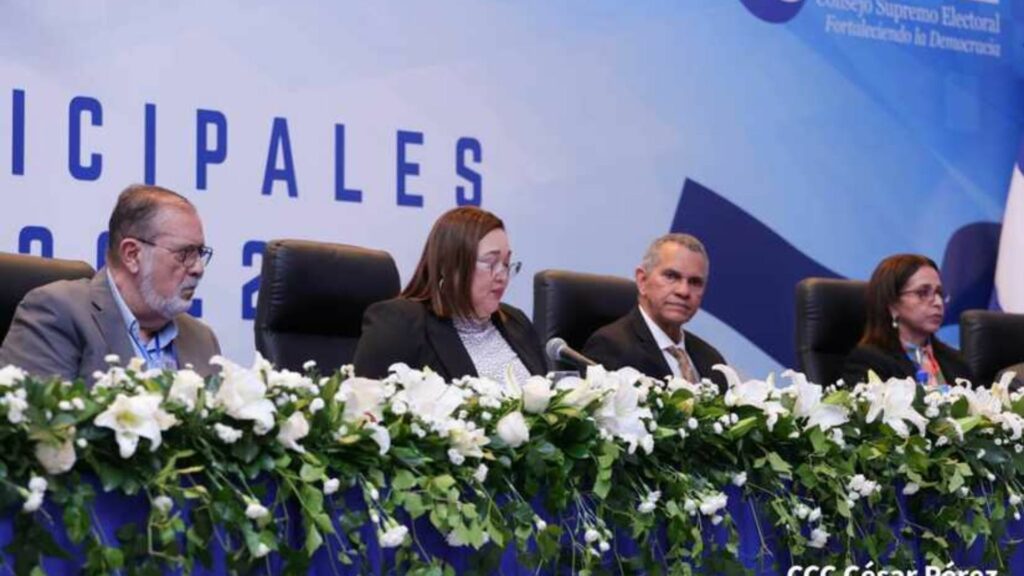It is important for me to highlight this political feature in the context of the electoral reform that is being discussed these days in the Chamber of Deputies, especially with regard to the proposal to change the way in which INE directors and TEPJF magistrates are elected. : that their appointments cease to be the product of an arrangement, of a negotiation between the benches in Congress, and are voted directly at the polls by the voters. It’s supposed to give them more independence in the face of the matches, but it’s the functional equivalent of having the referees of a tournament seek the support of the cheers of the teams that will compete. Far from strengthening their impartiality, it is a formula that makes them directly participants in the dispute for power. An absurd reverend.
All in all, it is an initiative consistent with the anti-pluralist vocation of lopezobradorism. Because he does not want to deal with the different parties represented in the Legislative Power, with the referee’s authority coming from the trust and recognition that the players themselves give him, from his commitment to respect and enforce the rules and the will of the majority , favor who favors. What the reform promoted by the president seeks is that “the people”, that is, its people, occupy the space that corresponds not to a single actor but to a diversity of forces. And that instead of a professional and highly specialized body of civil servants, with experience and knowledge in the matter, the electoral institutionality ends up in the hands of… other politicians.
It does not give the impression of being a reform designed from the need to solve a problem, to seek some kind of consensus or agreement on the matter, but to take advantage of the high tide of lopezobradorismo with the intention of sweeping away the opposition. To take advantage, on the one hand, of its precariousness in numerical terms and, on the other, of its vulnerability in the face of the 2024 elections. The position of the opposition parties would seem, in principle, obvious: unite to reject a reform that alters the conditions of competition to their detriment. However, with the opposition as it is –divided and weak–, it is feasible that the ruling coalition could bend the hand of some of its members, either with the threat of extortion or the promise of rewarding them.
















